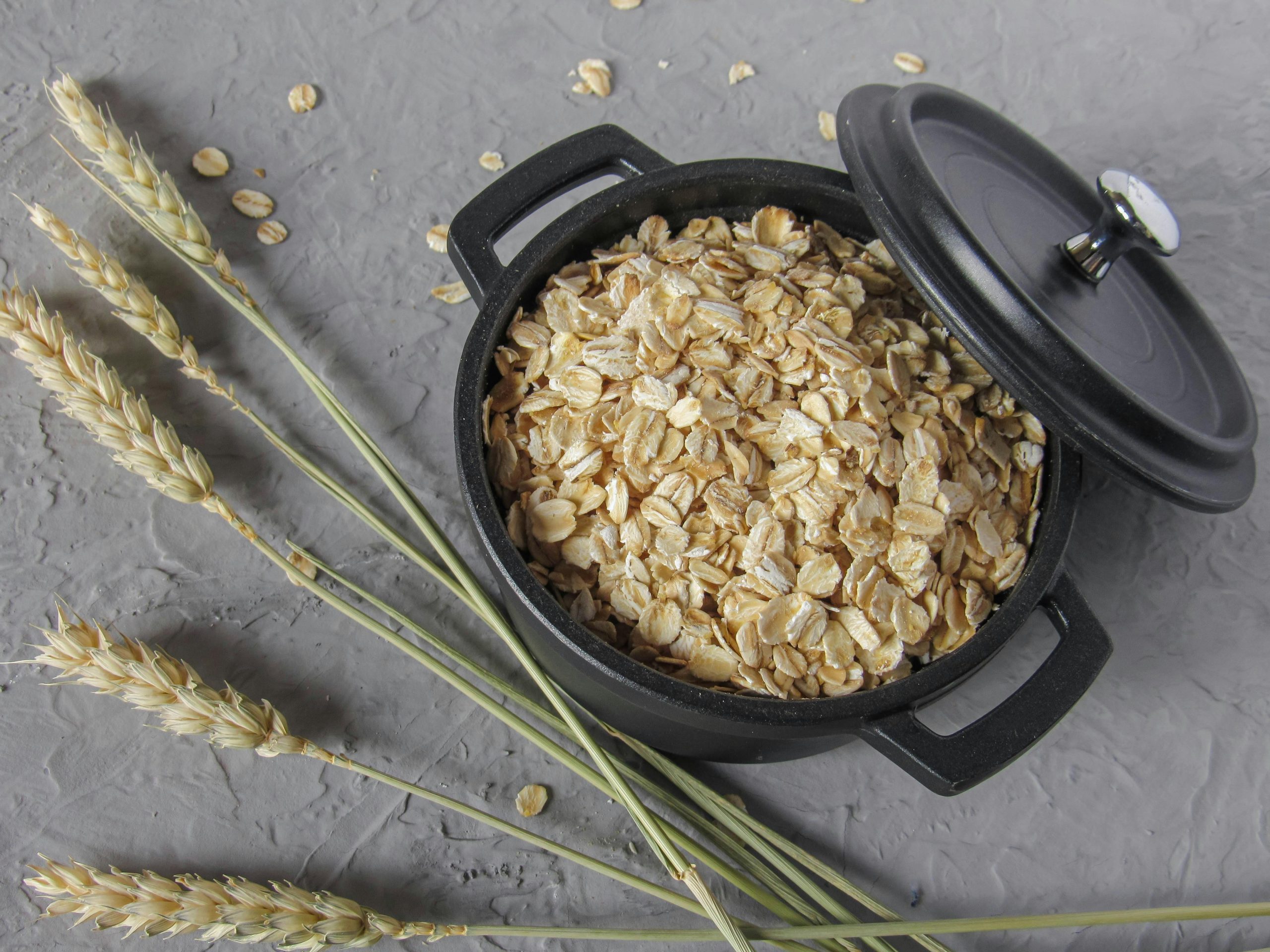A recent study has revealed the presence of a chemical associated with reproductive and developmental issues in animals in various oat-based products such as Cheerios, Quaker Oats, and others.
The Environmental Working Group (EWG) discovered that eighty percent of Americans tested positive for an additive known as chlormequat.
EWG Flags Chlormequat as Agricultural Toxin

Described by the EWG as a toxic “agricultural chemical” utilized to modify plant growth, chlormequat was detected in the majority of samples.
In 2017, chlormequat was identified in 69% of the individuals participating in the study. This figure rose to 74% between 2018 and 2022 and surged to 90% in 2023.
Since chlormequat typically exits the body within a span of 24 hours, the report suggests that Americans are regularly exposed to the chemical.
The EWG also conducted tests on an additional 20 oat-based products for chlormequat—comprising seven organic, 13 non-organic, and nine wheat-based items—although it did not specify the brands of the foods tested.
High Chlormequat Levels Found in Non-Organic Oat Foods
Detectable levels of chlormequat were discovered in 92% of non-organic oat-based foods, while only two samples of wheat-based foods—both breads—contained low levels of the chemical. Merely one out of the seven organic samples exhibited low levels of chlormequat.
Although prior studies on animals such as pigs, rats, and mice have associated the chemical with reduced fertility, altered fetal growth, and delayed puberty, no such studies have been conducted on humans.
In 2023, the US Environmental Protection Agency (EPA) suggested permitting the application of chlormequat in oats and various other grains.
Presently, this chemical is not sanctioned for application on edible plants within the United States.
However, as reported by USA Today, the EPA permits the importation of foodstuffs treated with chlormequat into the nation.
Nevertheless, the EWG emphasized the necessity for further research to explore potential health impacts on individuals, noting the limited number of biomonitoring studies examining human exposure to chlormequat.
In the absence of government regulations concerning the utilization of chlormequat, the EWG also encouraged consumers to select products made with organically grown oats devoid of synthetic chemicals.
